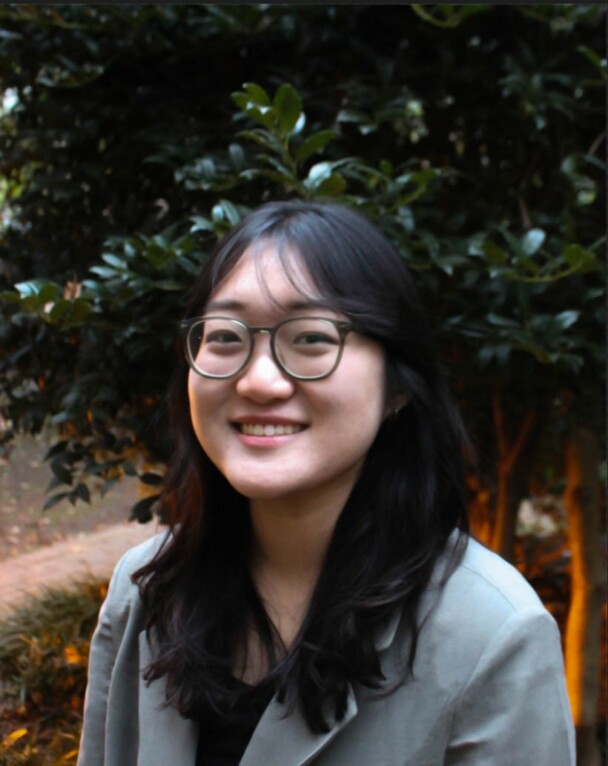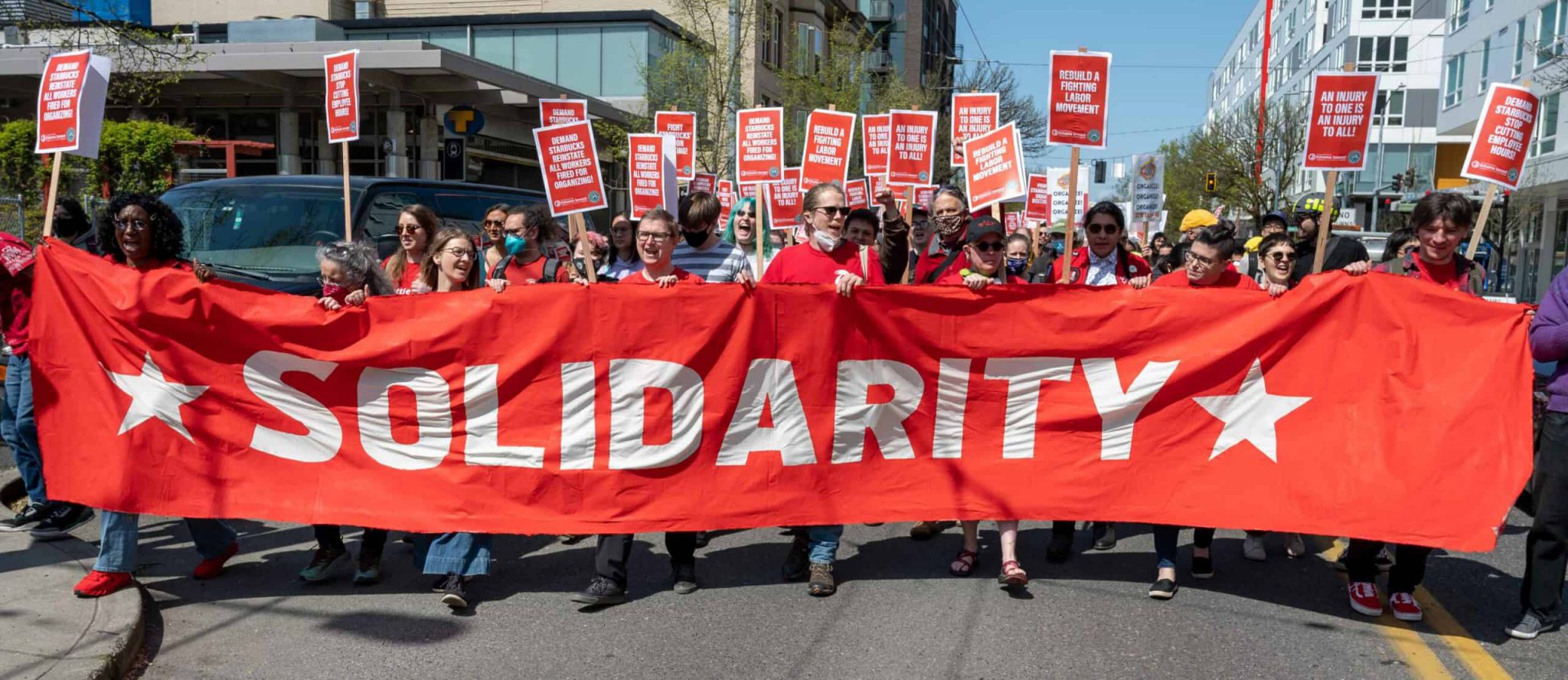
Benjamin Sachs is the Kestnbaum Professor of Labor and Industry at Harvard Law School and a leading expert in the field of labor law and labor relations. He is also faculty director of the Center for Labor and a Just Economy. Professor Sachs teaches courses in labor law, employment law, and law and social change, and his writing focuses on union organizing and unions in American politics. Prior to joining the Harvard faculty in 2008, Professor Sachs was the Joseph Goldstein Fellow at Yale Law School. From 2002-2006, he served as Assistant General Counsel of the Service Employees International Union (SEIU) in Washington, D.C. Professor Sachs graduated from Yale Law School in 1998, and served as a judicial law clerk to the Honorable Stephen Reinhardt of the United States Court of Appeals for the Ninth Circuit. His writing has appeared in the Harvard Law Review, the Yale Law Journal, the Columbia Law Review, the New York Times and elsewhere. Professor Sachs received the Yale Law School teaching award in 2007 and in 2013 received the Sacks-Freund Award for Teaching Excellence at Harvard Law School. He can be reached at [email protected].

Sharon Block is a Professor of Practice and the Executive Director of the Center for Labor and a Just Economy at Harvard Law School.

Yoorie Chang is the Project Manager for the Clean Slate for Worker Power Project at Harvard Law School’s Center for Labor and a Just Economy.
Labor Day is a big holiday at the Center for Labor and a Just Economy, and we have a big announcement to celebrate. We’re excited to share that we are launching a new initiative within CLJE – CLJE:Lab.
The Lab is where our ideas hit the ground. Across CLJE, we pursue myriad projects that generate new ideas, theories, and frameworks for advancing worker power and strengthening democracy. Within this new home for our policy and legal innovation work, CLJE experts will provide direct support to workers, organizers, labor leaders, and policymakers to move forward ideas that we have incubated within CLJE. We know that there is incredible energy among all these groups to make progress on worker power, but the law as-is is standing in their way. Because we believe it just shouldn’t be this hard for workers to build power, especially when they have the public’s support and their own courage and commitment driving towards change, we are committed to finding new paths to power.
This launch underscores our renewed commitment to making sure that the important work we do within CLJE to spark new and innovative ideas on how to use the law to empower workers results in policies being implemented that change the lives of workers.
We believe that despite the political gridlock and challenges to passing comprehensive labor law reform, there is tremendous potential for creativity and experimentation – particularly at the state and local levels – to move the needle towards greater economic and political equality. In the spirit of Justice Brandeis’ vision for states to serve as “a laboratory; and [to] try novel social and economic experiments without risk to the rest of the country,” our mission is to foster and scale up innovative approaches to empowering working people.
So, what do CLJE:Lab projects look like? We have a few underway already and more planned for the days, months, and years to come. First, we will soon be releasing our Worker Power Policy Innovation Toolkit. The Toolkit is a comprehensive collection of policies that have been tried at the state and local level to build worker power. Think conditions put on state procurement to require state contractors to adopt pro-worker standards, new worker standards boards, or Domestic Worker Bills of Rights.
The toolkit will provide crucial information – such as whether and how policies have navigated NLRA preemption challenges – intended to help advocates, policymakers, and others interested in how states and localities can pass laws and enact programs that facilitate worker organizing and give workers more say in the decisions that govern their lives. Shortly after the release of the toolkit, we will be bringing together leaders to take what’s been tried to the next level of what should be tried next. Then, we will get the toolkit into the hands of those across the country who can make its promise a reality. We will be there to provide expertise to support the organizers and policymakers who are moving these ideas forward.
We will have Lab projects going throughout CLJE:
- In our Labor Organization Innovation Initiative, we are moving forward with an exciting workers’ oral history project. We will soon be hosting conversations among small groups of educators and restaurant workers about their experiences during the pandemic. The focus of these conversations will be on how workers were able to create a feeling of community and belonging in the midst of COVID’s imposed isolation. We hope that as we make sense of these hundreds of conversations, we will find new strategies for worker organizations and unions to enhance and deepen feelings of solidarity.
- We will soon be releasing a report on our recommendations for how workers should be included in the historic transformation of work being driven by the introduction of AI and algorithmic management more extensively in the workplace. The report will focus on how workers can best be included in the regulation of and decisions regarding how AI is deployed within an enterprise; its implications for how work is performed; how workers are potentially surveilled; and how compensation and jobs are impacted. We will use these recommendations to engage policymakers who are scrambling to come up with ideas on how to put the AI-genie back in the bottle and to convince them that putting the bottle in the hands of workers will yield the best answers.
- Our Worker’s Capital Project is launching a new peer mentorship program for labor trustees on pension boards. By providing more support for these crucial stewards of labor’s capital, the Project will help ensure that workers’ interests are not left off the table when important decisions are made about how to invest pension funds. We are not talking about white papers and panel discussions. In this program, new labor trustees will be matched with experienced trustees to build one-on-one relationships in a community of practice to support moving capital to investments that are responsible and sustainable for current workers, retired workers, and communities.
- The State and Local Enforcement Project continues to serve as a hub of training, convening, and support for state and local enforcers, helping them develop best practices and cutting edge strategies for protecting workers’ rights, with a special focus on those new to workers’ rights enforcement. The Project hosts and facilitates three monthly virtual convenings: with state attorneys general, district attorneys, and local labor agencies; each month, nearly 100 government officials join one of these meetings. In addition, the Project provides technical assistance and training to enforcers and advocates, helping connect worker organizations with government officials who can deploy government power on behalf of working people. In the coming months, the Project will be issuing a report on how states and localities can address the recent upsurge of child labor, as well as a paper on local labor enforcement agencies.
Our work to address our country’s broken system of labor laws began in 2018 with Clean Slate for Worker Power, a project to explore what labor law would look like if, starting from a clean slate, it was designed to empower working people to build a truly equitable democracy and economy. In 2020, we released a bold agenda for a reformed labor law with CLJE’s groundbreaking report, Clean Slate for Worker Power: Building a Just Economy and Democracy. Our Clean Slate for Worker Power recommendations remain our North Star. We maintain the belief that fundamental restructuring of power in our economy and democracy is necessary to achieve a fair and just country. The work of the CLJE:Lab is to innovate ways to move us closer and closer to that north star.






Daily News & Commentary
Start your day with our roundup of the latest labor developments. See all
April 26
Starbucks and Workers United resume bargaining talks; Amazon is ordered to disclose records; Alabamians support UAW’s unionization efforts.
April 25
FTC bans noncompete agreements; DOL increases overtime pay eligibility; and Labor Caucus urges JetBlue remain neutral to unionization efforts.
April 24
Workers in Montreal organize the first Amazon warehouse union in Canada and Fordham Graduate Student Workers reach a tentative agreement with the university.
April 23
Supreme Court hears cases about 10(j) injunctions and forced arbitration; workers increasingly strike before earning first union contract
April 22
DOL and EEOC beat the buzzer; Striking journalists get big NLRB news
April 21
Historic unionization at Volkswagen's Chattanooga plant; DOL cracks down on child labor; NY passes tax credit for journalists' salaries.